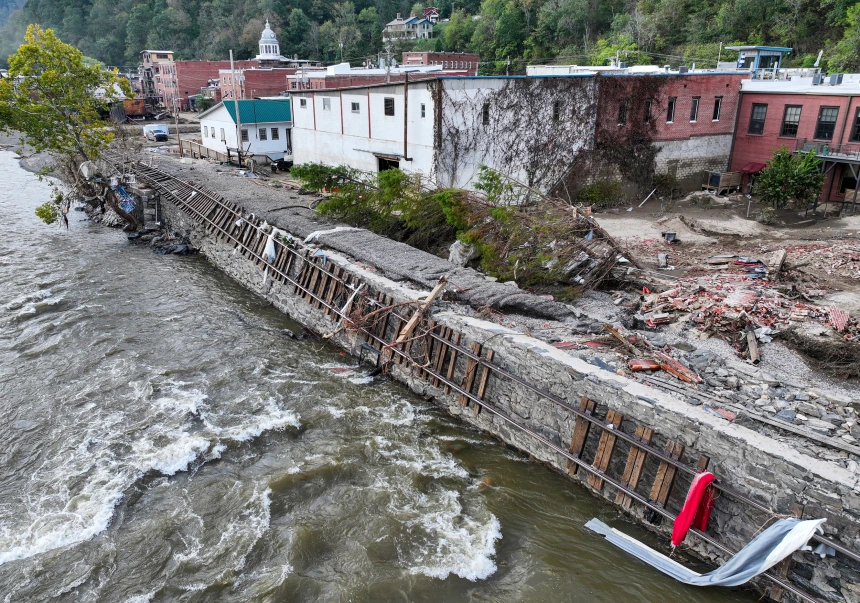Over 100 migrants are missing after smugglers forced them into the sea off Djibouti, sparking a desperate search by local authorities. The tragedy unfolded on October 1, 2024, when two overcrowded boats carrying around 310 people departed from Yemen, crossing the dangerous migration route to the Horn of Africa. The Djiboutian Coast Guard confirmed that at least 45 bodies have been recovered so far, with survivors offering harrowing accounts of their ordeal. As the rescue mission continues, hopes are fading for those still missing.
According to the International Organization for Migration (IOM), the passengers on these boats were primarily migrants from East Africa, mainly from Ethiopia and Somalia, attempting to escape the poverty and instability plaguing their home countries. The majority of these migrants had initially fled to Yemen in search of better opportunities but faced dangerous conditions in the conflict-ridden country. Their attempt to return to Djibouti, often seen as a transit country for those aiming to reach the Gulf states, ended in tragedy.
Survivors reported that they were forced off the boats by smugglers long before reaching the shore. In an already treacherous sea, without life vests or flotation devices, many drowned. The Djiboutian Coast Guard, along with local fishermen and the IOM, are engaged in ongoing search and rescue efforts, but the vastness of the sea and rough conditions complicate their mission.
This incident is the deadliest of its kind in 2024 and underscores the dangers migrants face along the Eastern Route, one of the most perilous migration paths in the world. In recent years, thousands have made this journey, often entrusting their lives to human smugglers who care little for their safety. Reports of exploitation, abandonment at sea, and overcrowded vessels are common, yet migrants continue to risk their lives in search of a better future.
Many of those who make it to Djibouti, after surviving the sea journey, still face enormous challenges. The Horn of Africa is itself a region rife with instability, limited resources, and few economic opportunities. For most, reaching Djibouti is merely the first step in a longer, more dangerous journey. Many migrants aim to cross into the Gulf states, particularly Saudi Arabia, where they hope to find work. However, those who survive the crossing are often subject to human trafficking, forced labor, or deportation.
Humanitarian organizations, including the IOM, have long raised concerns over the treatment of migrants along this route. They have called for greater international cooperation to address the root causes of migration and to combat the smuggling networks that prey on vulnerable individuals. Despite these efforts, migrant crossings continue at an alarming rate, with many willing to gamble with their lives to escape the desperate conditions at home.
As the search for survivors continues, the international community is once again confronted with the brutal reality of irregular migration. While attention is often focused on the Mediterranean routes, the Eastern Route remains equally deadly, with minimal support for those affected. Urgent action is needed to improve search and rescue operations, support survivors, and address the systemic issues driving people to flee their homes.
This tragic incident also shines a spotlight on the broader humanitarian crisis unfolding in the region. Countries like Ethiopia, Somalia, and Yemen are facing compounded crises, including conflict, economic collapse, and environmental disasters, all of which fuel the mass exodus of people. Unless the underlying causes of these crises are addressed, incidents like the one off Djibouti’s coast are likely to continue.
With more than 100 people still unaccounted for, the Djiboutian authorities and international organizations are racing against time. The survivors, some of whom are in critical condition, have been provided with medical care and shelter. However, the emotional toll of losing loved ones in such a devastating way remains profound. The tragic fate of these migrants serves as yet another reminder of the urgent need for global action to protect vulnerable populations and end the cycle of exploitation and loss at sea.





